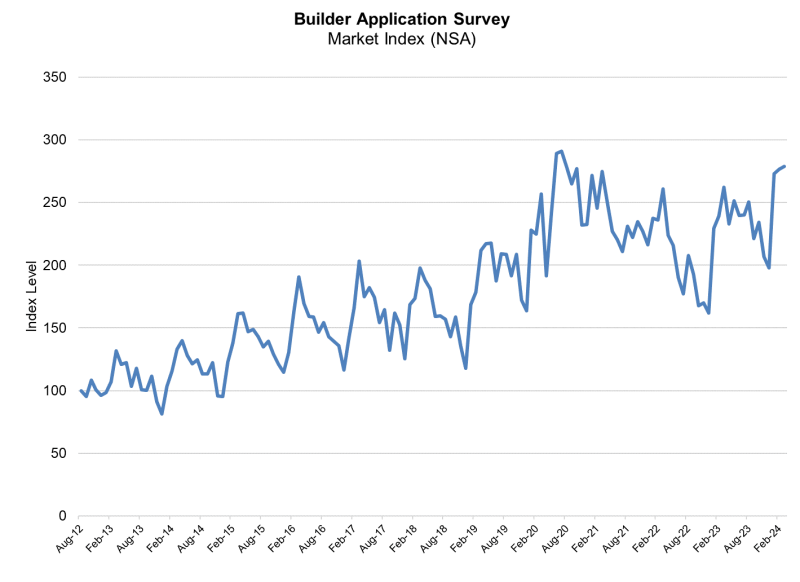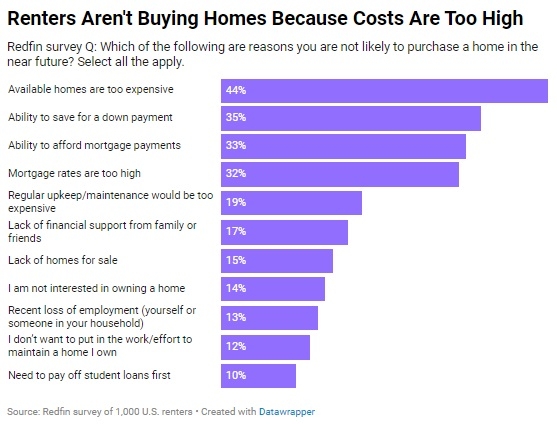Advertisement
Letter to the editor: Sub-prime truths
Dinham testifies before Subcommittee on Financial InstitutionsMortgagePress.comHarry Dinham,NAMB
National Association of Mortgage Brokers President Harry Dinham,
CMC testified that Congress could go a long way to help consumers,
particularly sub-prime borrowers, now and in the future by making
Federal Housing Administration (FHA) loans a real and viable
alternative in the sub-prime market. He urged Congress not to fund
or support a proposed broker registration system because it is too
narrowly focused to protect consumers from predatory lending.
Dinham spoke before the U.S. House Subcommittee on Financial
Institutions and Consumer Credit at a hearing to examine ongoing
challenges in the sub-prime mortgage market.
He urged Congress to increase the number of origination sources
responsible for delivering FHA loans to consumers, pointing out
that brokers are discouraged from participating in the FHA program
by the unnecessary and burdensome financial requirements. NAMB
predicts the removal of such financial barriers would increase
mortgage broker participation in the FHA program from roughly 18 to
85 percent, and would thereby increase FHA's loan origination
volume and market share by nearly 40 percent.
"For sub-prime borrowers who are facing foreclosure, industry
and policymakers must partner to help provide options so that as
many as possible are able to remain in their home," said John M.
Robbins, CMC, chairman of the Mortgage Bankers Association.
In Dinham's testimony, he also cited the need to redefine who is
operating as a mortgage broker and improve professional standards
for all mortgage originators.
"Consumers are often unable to distinguish one origination
source from another," Dinham said, "and as the industry has evolved
with the advent of the mortgage securitized market, there is no
clear delineation between distribution channels. Today, a mortgage
broker should include anyone that originates a loan with the intent
or practice of delivering, distributing or selling it, servicing
released, within 120 days."
NAMB believes education standards and criminal background checks
for all mortgage originators will be effective measures in
successfully combating abusive lending tactics and reducing the
number of foreclosures in America.
Dinham also took the opportunity to criticize the mortgage
broker registry proposed by the Conference of State Bank
Supervisors (CSBS) and the American Association of Residential
Mortgage Regulators (AARMR) because it is limited only to mortgage
brokers. He said that the regulators' continued rhetoric is hollow
and misleading to the public.
Following his testimony, Dinham said, "At hearing after hearing,
these groups extol the benefits of this new registry. However, they
do not let legislators know that thousands of loan originators at
banks and other lending institutions will be exempted from the
registry and left unaccountable to the consumers they serve." He
continued, "We urge Congress to refrain from offering any
assistance until all mortgage originators are registered in the
system."
The two state regulatory associations have said the registry
would help fight mortgage fraud and predatory lending. Dinham said
the goals are admirable, but the regulators don't seem willing to
approach the registry with a realistic vision that all loan
originators must be included for it to be effective and protect
consumers.
"Consumers would get a false sense of security from this system
as it stands today. Most consumers do not distinguish between
origination channels, and they would naturally assume that a loan
originator at a bank would be held to the same high standards. This
is far from the truth, and bad actors at banks would still be able
to freely travel from bank to bank, even if convicted of fraud,"
Dinham said.
Dinham noted that the largest and most recent predatory lending
settlements have involved bankers and lenders that would not be
included in the proposed national registry. "We support stronger
education requirements for the industry, and criminal background
checks for all originators," said Dinham. "This registry falls
short of accomplishing these goals."
In its written testimony, NAMB urged Congress to request the
General Accounting Office conduct a broad, long-range study into
the true causal effects of the rising foreclosures and restated
support for RESPA reform.
"What I have seen of late troubles me deeply," said Robbins.
"Responsible lenders only extend credit to borrowers who are
willing and able to make mortgage payments. They do no trick
borrowers into loans that are unsustainable. And they do not hold
out something that is only a mirage of the American dream. Yet bad
loans were made. They were not made responsibly or with the best
interest of consumers in mind."
For more information or to read Dinham's complete testimony,
visit www.namb.org.
About the author





